In his opening speech, Associate Professor, Dr. Vu Hai Quan, Director of Ho Chi Minh City National University, said that according to the World Bank's report, one of the challenges for Vietnam to achieve the goal of becoming a high-income country by 2045 is human resources.
Specifically, Vietnam's highly qualified human resources are currently very limited and cannot meet the needs of technology industries.
Ho Chi Minh City National University is a university system with 8 universities, one member research institute, and the largest training scale in the country with about 100,000 undergraduate and graduate students.
As a university with the highest number of internationally accredited training programs and international publications in the country, Ho Chi Minh City National University has set a vision to become a top research university system in Asia by 2045, a place where talents converge and Vietnamese knowledge and culture spread.
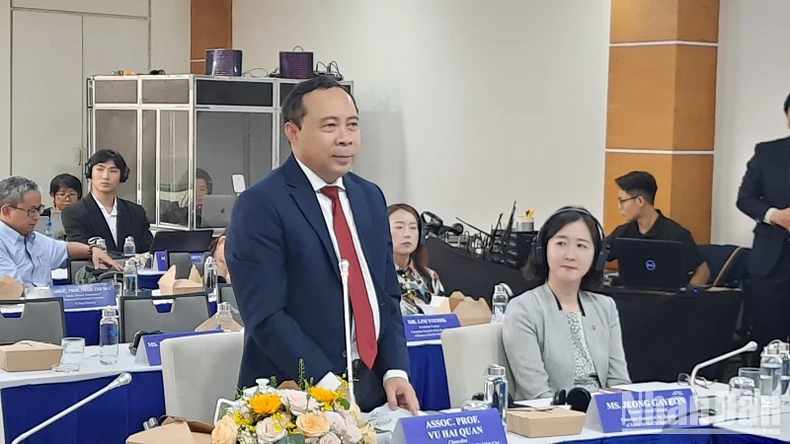 |
| Associate Professor, Dr. Vu Hai Quan, Director of Ho Chi Minh City National University spoke at the seminar. |
According to Associate Professor, Dr. Vu Hai Quan, in training and research activities, Ho Chi Minh City National University identifies cooperation with businesses as a lever to improve training programs, meet practical needs, and serve as a fulcrum for research to be applied in practice.
Regarding training, the strategy determines to train: 1,800 engineers and 500 masters in microchip design; train and grant industrial and international certificates in microchip design to about 15,000 engineers. Train 10,000 engineers, bachelors, 3,200 masters and 600 doctors in Biotechnology and some related fields. Train 20,000 bachelors, engineers, 2,000 masters, 300 doctors in the fields of information technology and artificial intelligence.
Associate Professor, Dr. Vu Hai Quan, Director of Ho Chi Minh City National University
In the development strategy for the 2021-2030 period, Ho Chi Minh City National University has identified three key areas of training and research for the fields of semiconductor technology, biotechnology, and artificial intelligence (AI).
Regarding research, the development strategy for the 2021-2030 period determines to master a number of core and foundational technologies in the fields of semiconductor technology, biotechnology, and artificial intelligence; and to form a number of initial and start-up enterprises in these fields.
At the seminar, large technology enterprises such as Samsung, Intel, Synopsys, Kaopiz, Realtech... presented on the current situation of high-tech human resources, solutions to improve the quality of training programs, policies to support internships and scholarships for students.
Enterprises believe that cooperation with universities to develop human resources in high-tech fields to meet the needs of businesses is very necessary.
In particular, universities need to create new human resources for the future, meeting the development needs of businesses, especially in the context of strong development of 4.0 technology as it is today.
Universities need to cooperate with businesses to train human resources in both theoretical and practical knowledge. At the same time, it is also necessary to update the curriculum of emerging industries, "core" industries, and spearheads for high-tech fields.
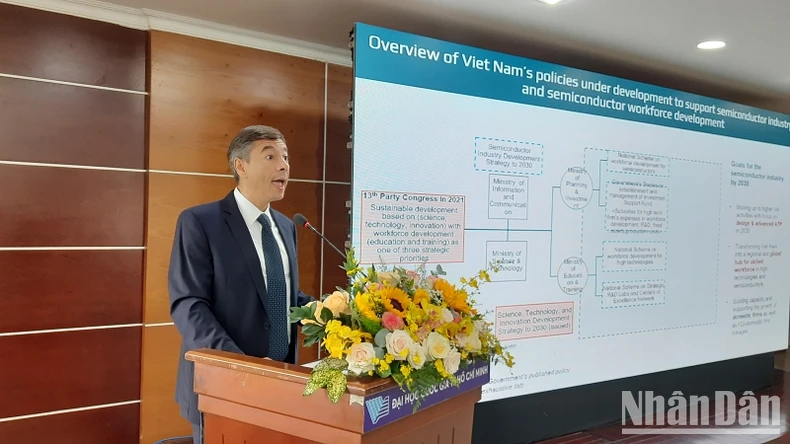 |
| Mr. Andrea Coppola, Chief Economist, Director of the Prosperity Program for Vietnam, Laos and Cambodia, World Bank, spoke at the seminar. |
Believing that Vietnam's highly skilled human resources are still lacking and cannot meet the needs of large technology corporations, Mr. Andrea Coppola, Chief Economist, Director of the Program for Prosperity in Vietnam, Laos and Cambodia, World Bank, emphasized the priorities and principles of developing highly skilled human resources.
Accordingly, Vietnam needs to build a strong supply of highly qualified scientists and engineers and improve training for highly skilled technicians.
Along with that, applying the training method focusing on skills, it is necessary to create skill improvement programs that meet the needs of the industry with standardized programs, including clear performance indicators...
The seminar “Dialogue between universities and enterprises on human resource development in high-tech fields” aims to bring enterprises and universities together, exchange and discuss the issue of high-quality human resources in technology fields in Vietnam.
This is also an opportunity for universities to listen to the assessments and feedback of businesses on the quality and level of response of trained human resources to the practical needs of businesses.
At the same time, listen to recruitment trends and support policies of businesses in the near future; as a basis for universities to improve and open new training programs, meeting the requirements of both quantity and quality of businesses.
Source: https://nhandan.vn/doi-thoai-giua-dai-hoc-va-doanh-nghiep-ve-nguon-nhan-luc-cong-nghe-cao-post827039.html








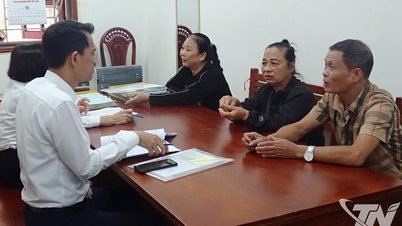



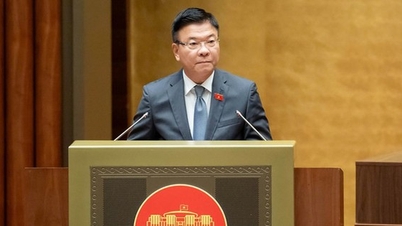

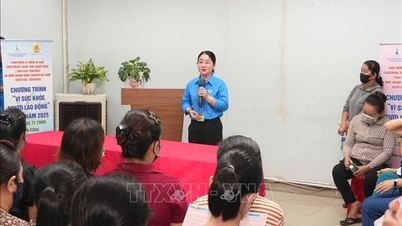

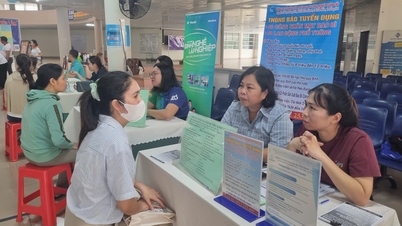

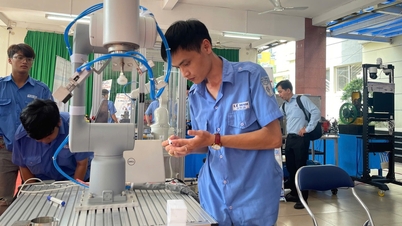


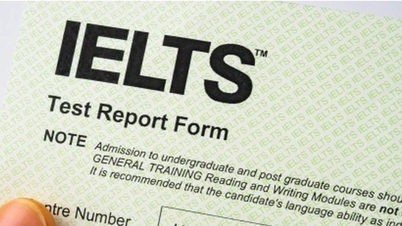



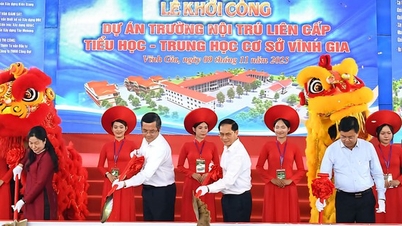


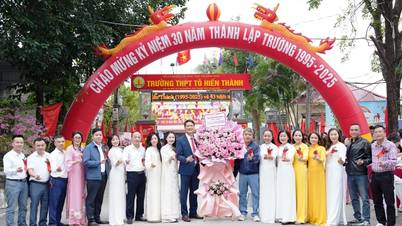




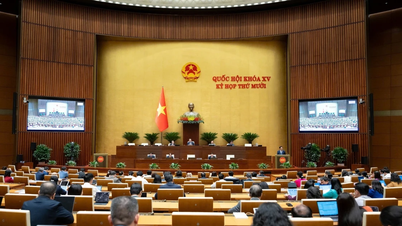

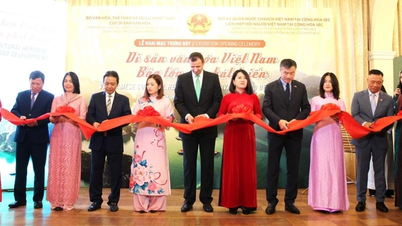











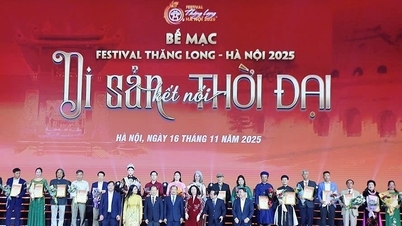

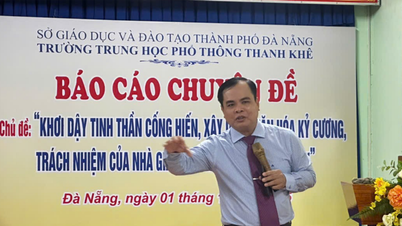


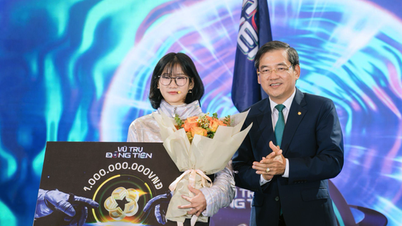




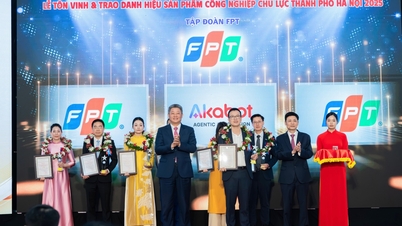
















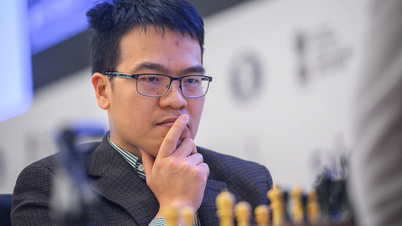


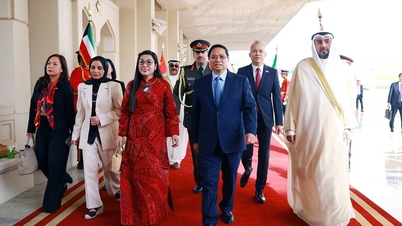




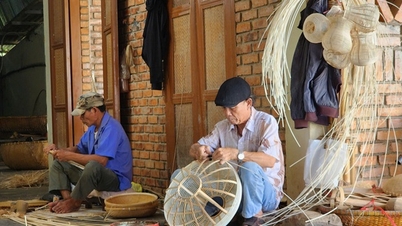


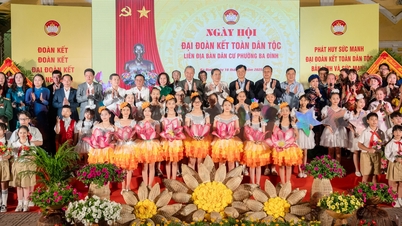








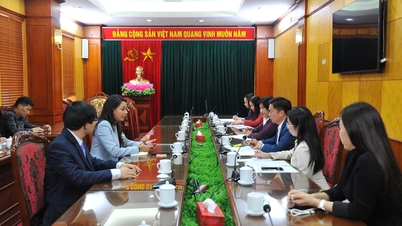













Comment (0)